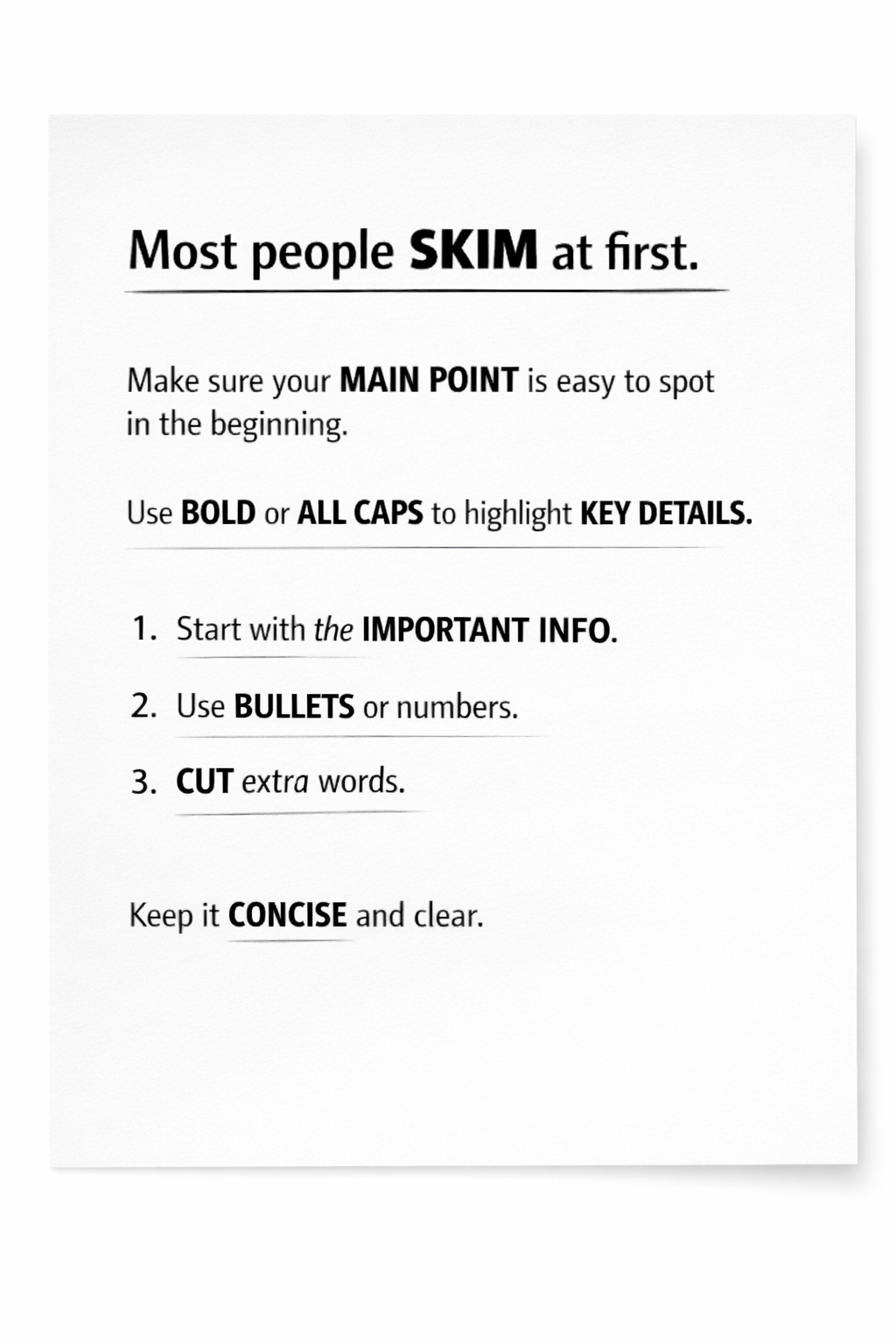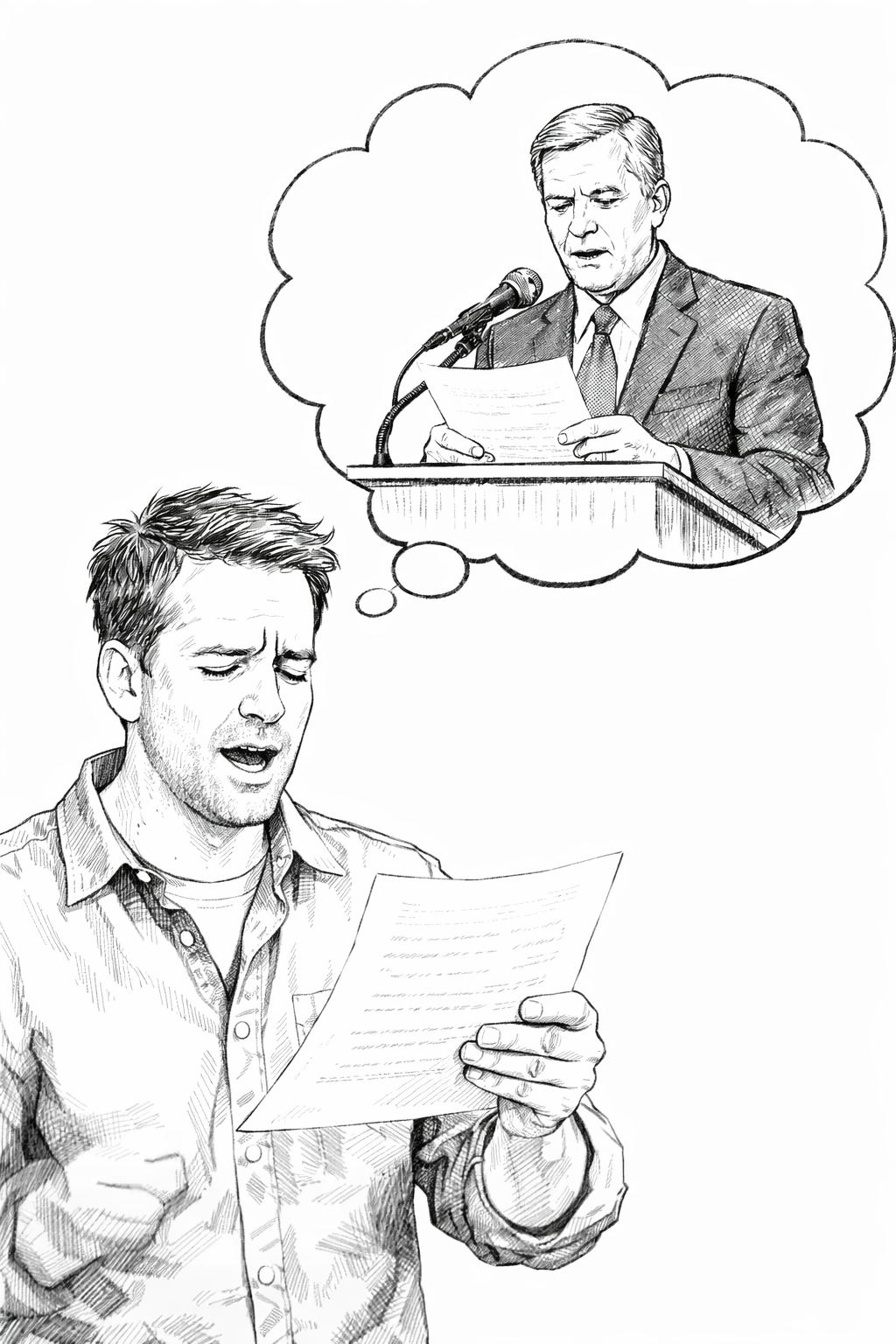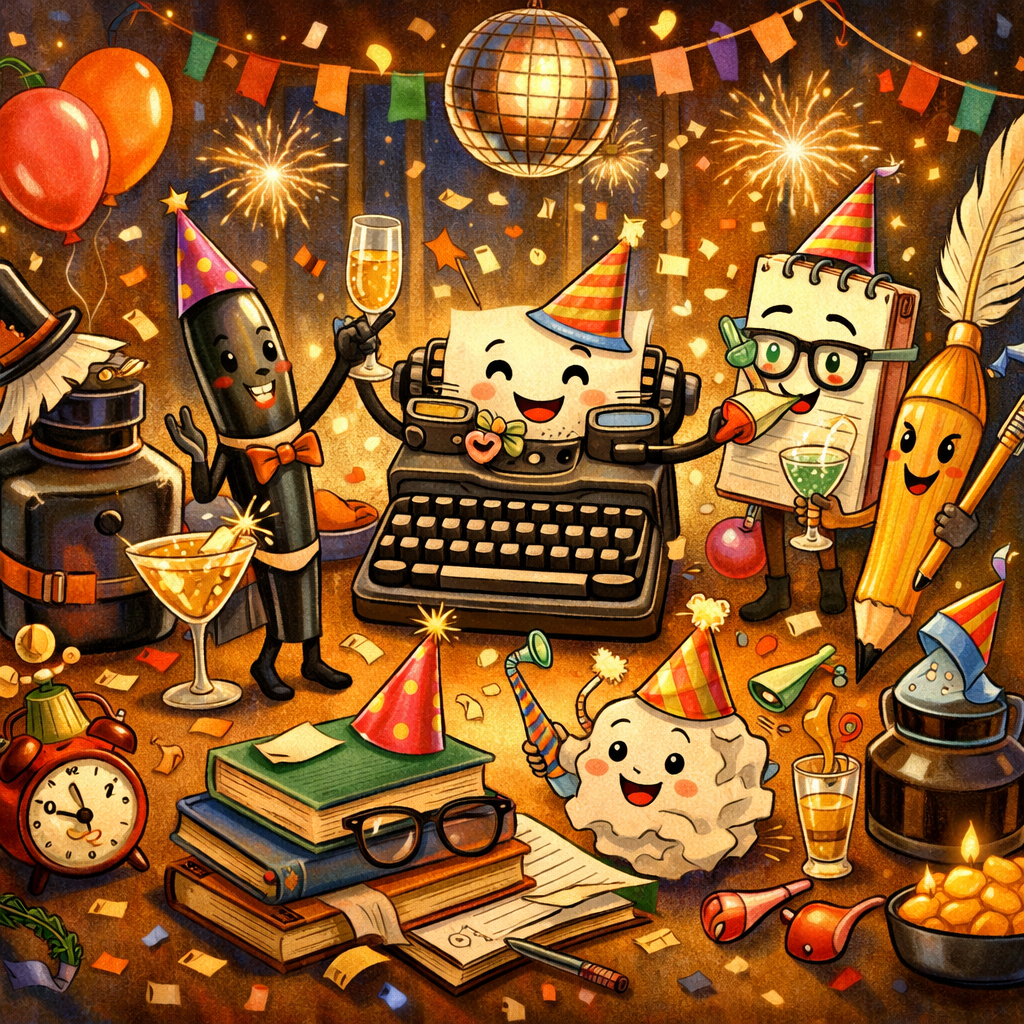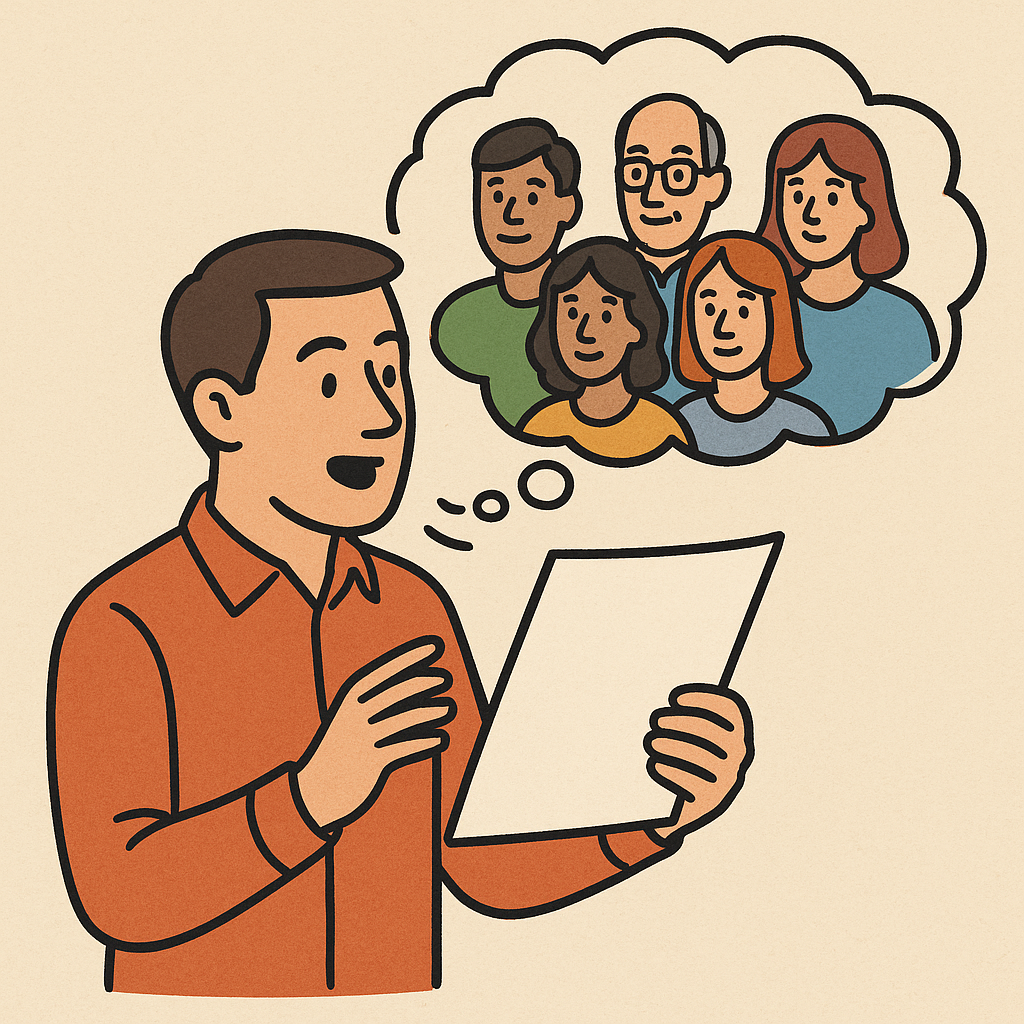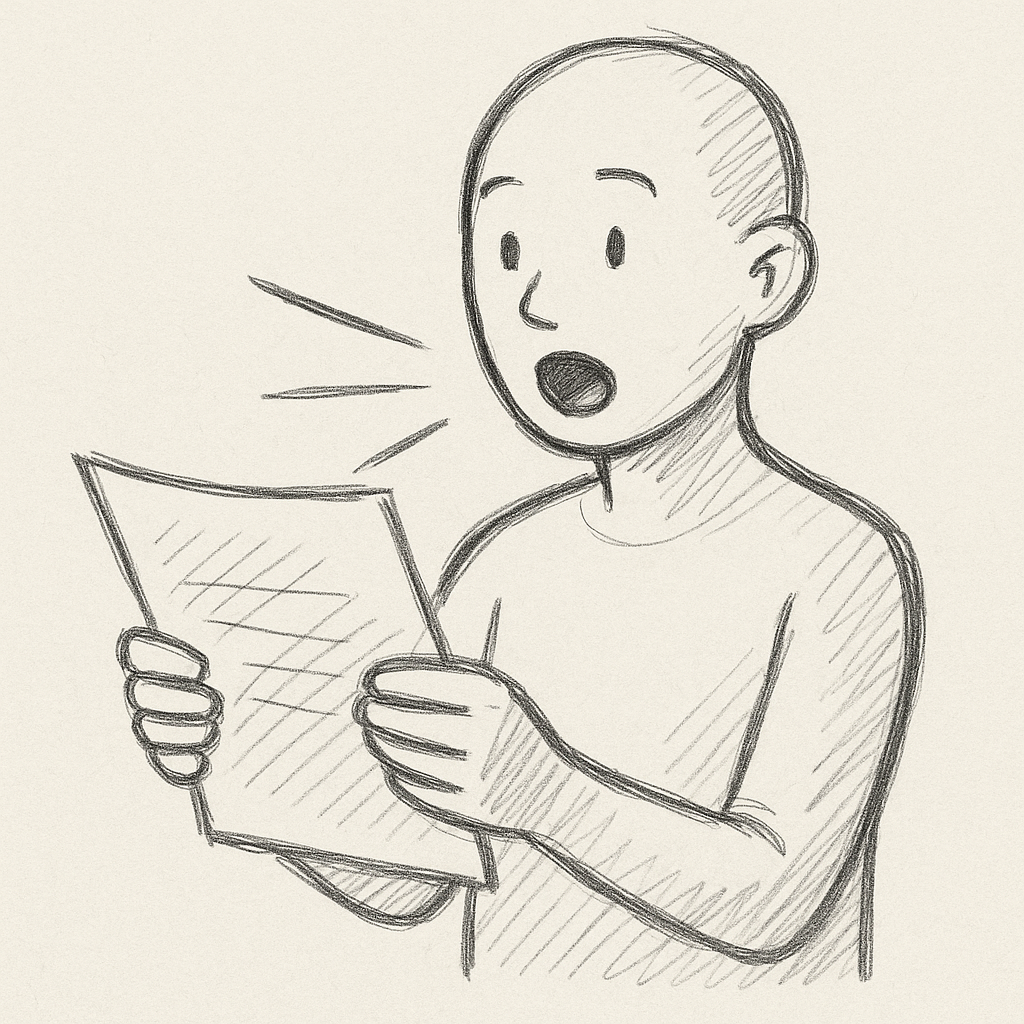Nib #74 Using AI in Your Writing, Part 1
“How should writers use AI?”
It’s the question the Nib gets more than any other nowadays. We’ve held off answering it for two reasons. First, because there are so many non-AI tips young writers need more! And second, because the question is impossible to answer in a few hundred words.
But.
The technology is here. Young writers are using it. And the way most are reportedly using it — just having ChatGPT write for them — won’t do.
Future Nibs will try to break this huge subject down into bite-sized tips about how to use AI as a writer without undermining your development as a writer. But for now, this one overarching piece of advice: Use AI for ideas, not paragraphs.
That is, use AI to help you think about a writing project — to plan, target, support, and hone your prose. Don’t use AI to do the writing for you. Use it as an intern, research assistant, or an extra pair of eyes. Don’t use it as a ghostwriter — no matter how convenient it seems, or how unjust it feels knowing that’s what your peers are doing.
Why?
Because, for all its speed, AI’s writing is meh. It takes a good writer to make use of its middling world salad. Young, developing writers using AI to write for them will end up with the worst of both worlds: handing in lame work without even gaining any practical knowledge from the effort.
In a professional setting, the stakes are even higher. If you screw up in a draft — cite a bad example, misread some statistic — you’ll at least be able to explain why you made the mistake. If, however, you can’t explain an AI-generated mistake (and they’re common) in your work, your bosses will conclude that you’re incompetent and dishonest.
To put the point even more bluntly: every kind of writing project you let AI write for you is a job that AI, very soon, will take from you. Set aside the moralizing and the “you owe it yourself” guilt trip. Strictly as a matter of naked self-interest, there is no upside to using AI as a ghostwriter as long as its mediocre work product is better than yours.
Remember: in 2001: A Space Odyssey, the astronaut only survives HAL 9000’s attack because he already learned how to manually open the pod bay doors himself! Trial-and-error can be cumbersome and often humiliating, but it’s the only way to learn anything as hard as writing.
There's much to say about this topic. And the Nib will say plenty! But this general rule will run through all of it. Use AI to help you write, not to write for you.
Until next week… keep writing!
